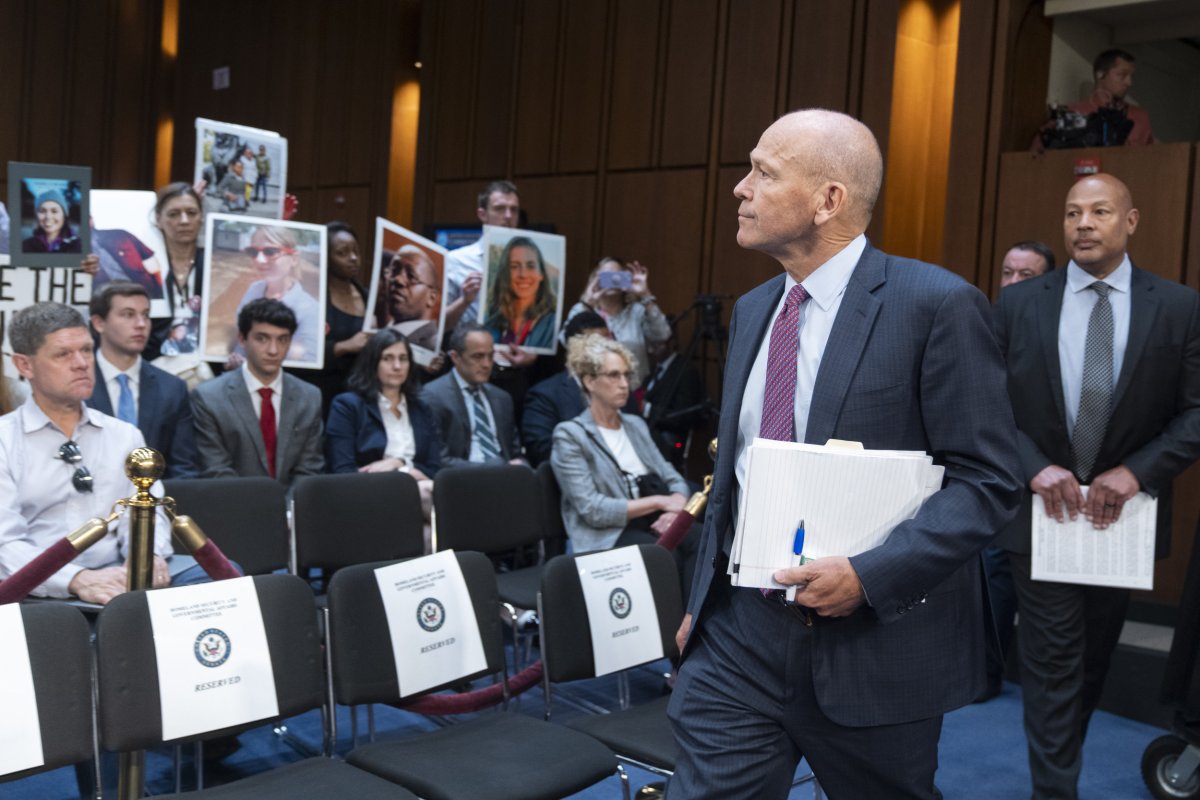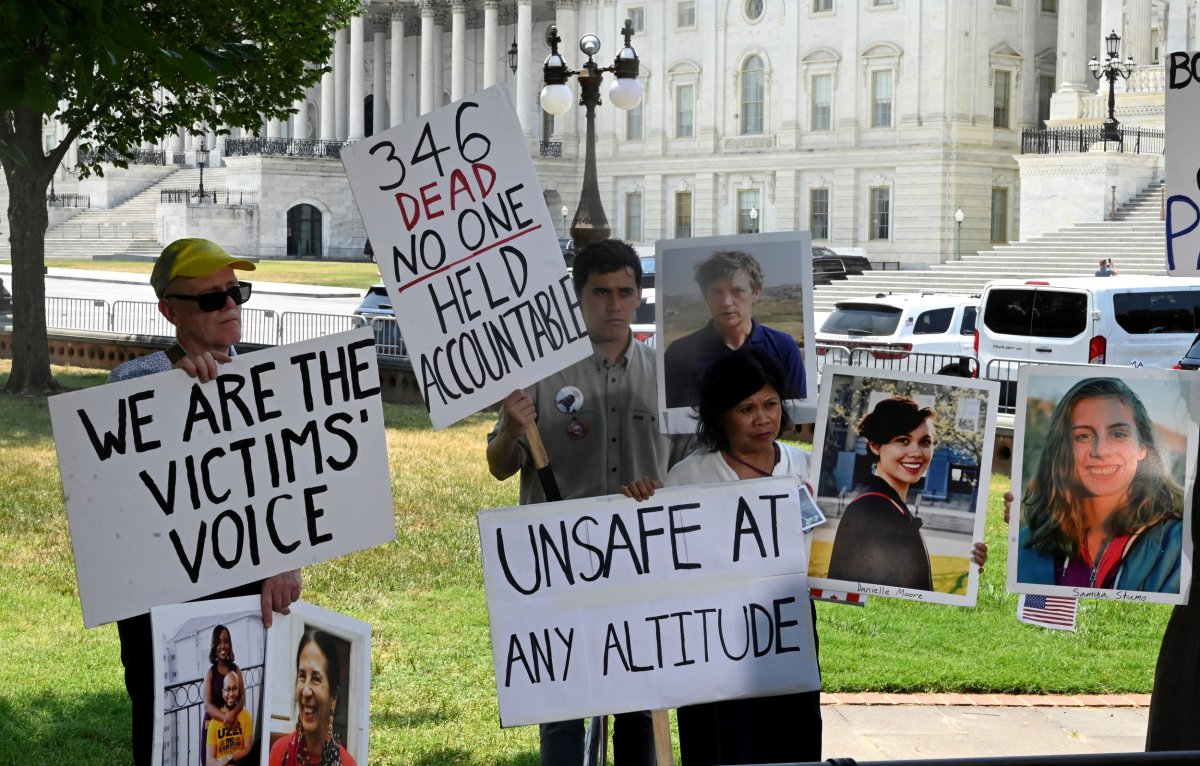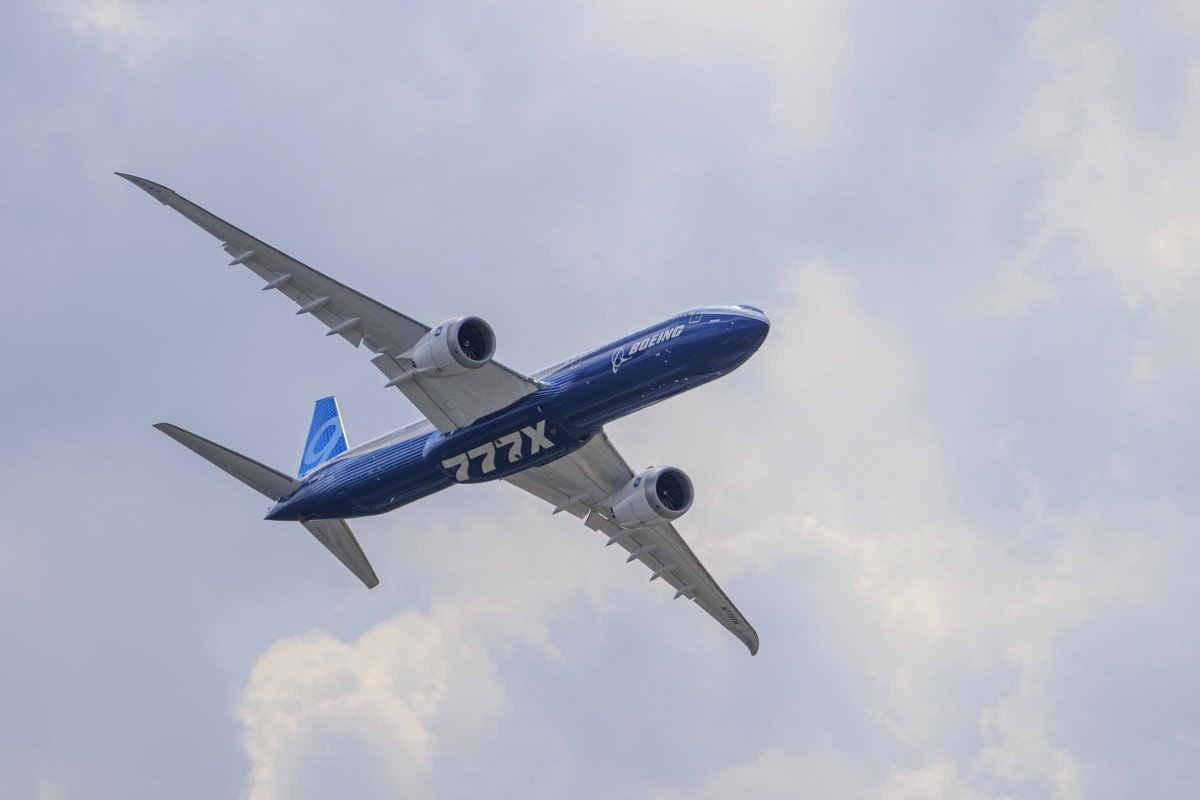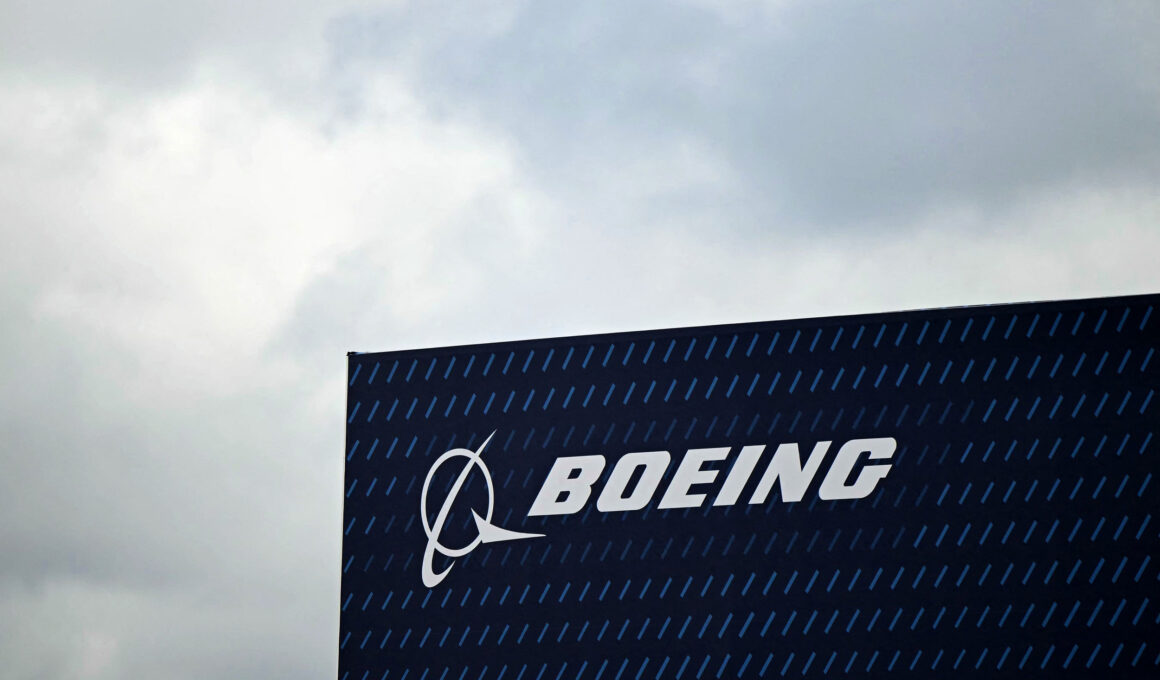Now that Boeing has accepted the Department of Justice‘s plea deal, questions still remain regarding what lies ahead for the embattled aerospace company.
Last Wednesday, Boeing finalized the deal, and agreed to plead guilty to one count of “conspiracy to defraud the United States.”
The charge stems from Boeing misleading federal regulators into approving its 737 MAX aircraft, which was involved in two fatal crashes in 2018 and 2019.
Boeing initially evaded prosecution by agreeing to enforce stricter compliance measures, but its immunity was revoked in May, when federal prosecutors found that the company had failed to “design, implement, and enforce a compliance and ethics program to prevent and detect violations of the U.S. fraud laws throughout its operations.”
Boeing’s “Sweetheart” Plea Deal
The agreement will see the planemaker avoid a potentially uncomfortable trial by pleading guilty to one felony fraud charge.
In addition, the company will pay a $243.6 million fine, commit to investing $455 million in its compliance and safety initiatives, and undergo three years of probation, during which an “independent compliance monitor” will take stock of its operations.
The company also promised to facilitate a meeting between the Boeing board of directors and the crash victims’ families.
What Have the Victims Said?
Clay Robbins is an aviation attorney at Wisner Baum, one of the firms representing the families of those who died onboard the 737 MAX, and told Newsweek that the plea deal fails to “adequately hold Boeing responsible for its having committed the deadliest corporate crime in human history.”
Robbins also said that the $243.6 million fine was an insufficient penalty for Boeing.
“The families have insisted that Boeing bear a maximum fine of $24 billion, with perhaps $14 billion to $22 billion of the fine suspended on the condition that Boeing devote those suspended funds to an independent corporate monitor and related improvements in compliance and safety programs,” Robbins added.

Justin Green is a military-trained pilot and a partner at Kreindler & Kreindler, a firm representing 34 families who lost loved ones in the 2019 737 MAX crash, and told Newsweek that the families were still adamant that Boeing face judgement in court.
“The families are singularly focused on improving safety at Boeing and believe that an open criminal trial will cause the company to prioritize safety over short-term profits,” Green said.
In a filing with the Texas district court the day after the deal was submitted, the families said that the independent compliance monitor should be chosen by the court itself, rather than Boeing and the DOJ as outlined in the deal.
Nadia Milleron, whose daughter Samya died onboard the 2018 Ethiopian Airlines flight, told Newsweek that that she and other victims’ family members objected to the terms of the probation in initial drafts of the plea deal.
“Boeing shouldn’t have any role in choosing their own monitor,” Milleron said, suggesting instead that two independent safety monitors be employed: “One who looks at the technical side, and one who looks at safety, and tries to implement and use the year-long study of safety at Boeing.”
Milleron’s statement was in reference to a report published by an FAA-assembled 24-person panel, which identified 27 findings and made 53 associated recommendations to Boeing on how to reform its safety management programs.
What Happens Next?
According to the expedited scheduling order set by Judge Reed O’Connor on July 15, the families have until Wednesday to file a motion urging the court to reject the plea agreement.
The families have already told the Texas district court that they intend to file a comprehensive objection to what they call the “sweetheart” plea deal, citing their “serious and substantial concerns” about its sentencing guidelines and the “ambiguous” commitments made by Boeing.
Following this, Boeing and the Department of Justice will have 14 days to issue a response.
The families must then respond within five days, following which O’Connor will choose whether to accept or reject the agreement.
Boeing’s Civil Cases
Justin Green said: “The plea agreement will have no direct impact on outcomes in the families’ lawsuits in Illinois because Boeing already conceded that it is fully liable to the families and the trials are only about the damages that Boeing will have to pay.”

Following the 2018 and 2019 MAX crashes, over one hundred lawsuits were filed against Boeing by the families in a federal court in Illinois, where the company was headquartered until 2022.
As of April 21, Boeing had settled all but 41 of the lawsuits, according to The Seattle Times.
However, lawyers have said that the families are less concerned with compensation than they are with the safety of Boeing’ aircraft, and still hope for the company to be taken to trial.
“None of the communications from the families to the DOJ focused on obtaining compensation for the families’ losses,” Green said, adding that their priority was taking the company to trial.
Boeing’s Other Issues
Even if Judge O’Connor accepts the deal, and allows the company to get away with what the victims have termed “a slap on the wrist,” Boeing’s troubles are far from over.
The company is currently trying to bounce back from supply chain shortages that have persisted since the pandemic, hindering the production of over 200 jets, according to The Wall Street Journal.
Regulatory setbacks have also delayed the rollout of its newest family of planes, the 777X wide-body.
First unveiled in 2013, the 777X was initially scheduled for delivery in 2020.
However, after encountering a number of issues relating to the plane’s engines and cargo doors, the company revised its estimate for first delivery to 2025.
In mid-July, the FAA allowed the company to begin certification flights for the 777X, but this has done little to quell customers’ anxiety.
Emirates President Tim Clark, whose carrier has ordered over 200 of the jets, believes his the planes won’t arrive until mid-2026.

Boeing’s production struggles could worsen still if the ongoing negotiations with its union workers do not lead to a mutually agreeable outcome.
The International Association of Machinists and Aerospace Workers, Boeing’s largest union, is currently trying to secure a 40 percent pay rise from the company, as well as improved job security, employee benefits, and a seat on the Boeing board of directors.
On July 17, IAM members met in Seattle to take part in a procedural strike vote, which passed by nearly 100 percent according to the union.
The vote to strike will not take place until September 12, when the current negotiations between the IAM and Boeing come to a close, but IAM District 751 President Jon Holden said that the show of support from his members would compel the company to “bargain earnestly.”
Do you have a story we should be covering? Do you have any questions about this article? Contact LiveNews@newsweek.com.
Uncommon Knowledge
Newsweek is committed to challenging conventional wisdom and finding connections in the search for common ground.
Newsweek is committed to challenging conventional wisdom and finding connections in the search for common ground.




